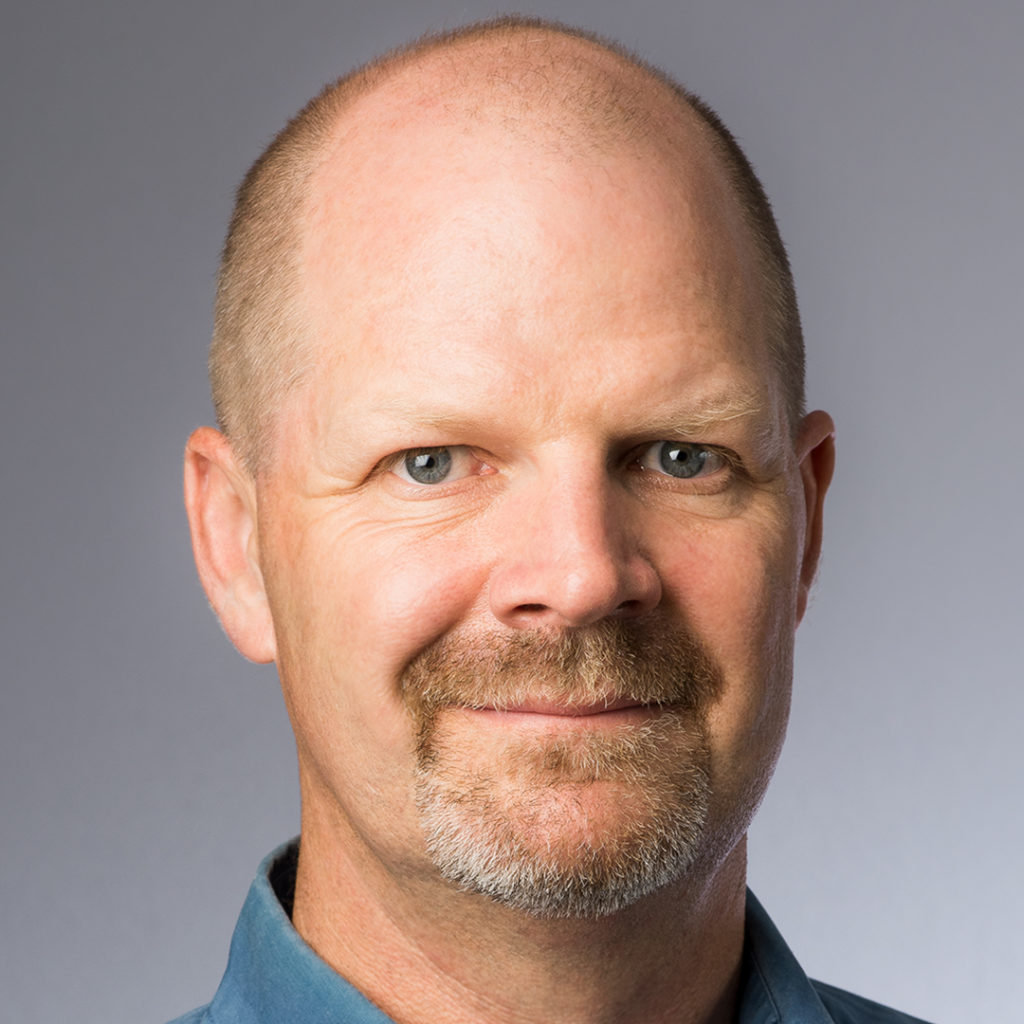Power the Future
Welcome to our 2024 Sustainability Report. It feels like I say this every year; however, last year truly was pivotal for Pattern Energy. I am immensely proud of and grateful for what we accomplished together. It was a year of significant milestones, challenges, and growth, demonstrating our company’s strength and commitment to our mission to transition the world to renewable energy.
Pattern’s operational fleet generated over 17,000 gigawatt hours (GWh) of clean electricity in 2023, equal to the needs of nearly 4 million people across North America. We expect our annual production to increase by 80% when our historic SunZia Wind and Transmission (SunZia) project, which is under construction, reaches operations in 2026.
SunZia is transformative for our company and our industry, exemplifying the three pillars of Pattern’s new vision—Power the Future—a declaration of the organization we want to be.
We aim to lead the global economy’s energy transition as an exceptional and innovative independent enterprise. We set out to “Power the Future” by implementing our strategic pillars: Drive the Market, Advance Together, and Excel in Execution. These pillars are incorporated into every aspect of our business, guiding our objectives and strategy.
One of the key highlights of 2023 was the successful financial close to fund construction of SunZia, the largest renewable energy infrastructure project in U.S. history. Financing and building at this scale are ways we Drive the Market. Pattern raised an extraordinary $11 billion, including $8.8 billion in green loans
and letters of credit facilities from 17 financial institutions tied to Pattern’s Green Financing Framework.
Understanding our customers’ needs and the dynamics of a weather-driven grid, we are leading the way in decarbonizing the electric sector and helping to improve grid reliability.
SunZia will provide customers in the western grid access to New Mexico’s abundant wind energy resource and be particularly impactful in greening the night by complementing daytime solar output across the Southwest. It also enables more than $20 billion in economic development benefits from its construction and operations, demonstrating that building renewable energy infrastructure supports economic growth.
With infrastructure to be built on private, state, and federal lands, bringing SunZia to the start of construction is the result of more than a decade of extensive stakeholder consultation and collaboration.
It is an example of how we Advance Together as a company and beyond the walls of Pattern. In collaboration with groups such as the National Audubon Society, we are raising the bar on precedent-setting environmental best practices that can serve as a model for future clean energy infrastructure projects built at scale.
We advance together with the communities where we work and live. Earning respect through transparency and accountability and creating benefits in the communities that host our facilities is foundational to who we are as a company. We are pleased that in 2023, Pattern and our projects contributed over $100 million to local economies through a combination of landowner royalties, property tax payments, and donations to organizations and causes.
I am also proud of our engaged and dedicated workforce. Our people are the heart of Pattern. Their passion, intellect, and grit help us make history. We continue to grow and empower our leaders from within through programs like our newly launched Diverse Rising Leaders Academy.
Now in our 15th year as a company, our aim for 2024 is to continue to Excel in Execution as we bring to life the largest renewable energy infrastructure project our continent has seen.

Hunter Armistead
CEO, Pattern Energy